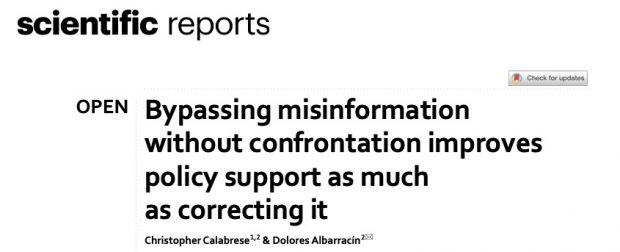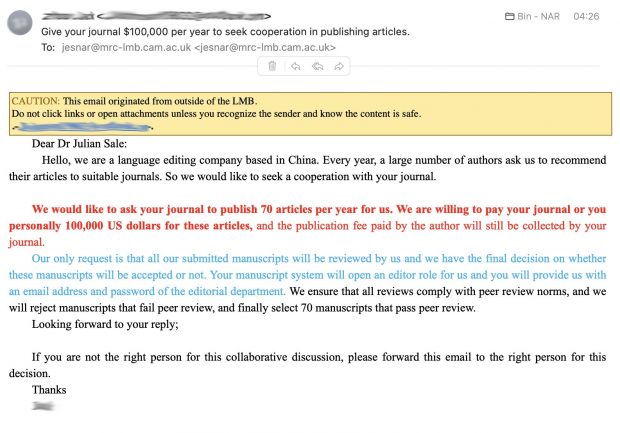Mit dem Heidegger Zitat eröffnet Paul Hoyningen-Huene den Aufsatz “Irrationalität in der Wissenschaftsentwicklung“.
Tatsächlich wurde die Wissenschaft, insbesondere die Naturwissenschaft, die meiste Zeit ihrer Existenz als rational verstanden, sowohl in ihrem eigenen Selbstbild als auch im Fremdbild, etwa durch die Philosophie oder das allgemeine Bewusstsein. … so wurden bestimmte wissenschaftliche Entwicklungen als steril oder scholastisch angeprangert, Wissenschaft wurde als gefährlich oder einseitig angesehen …. Kuhn behauptet … neben der Wichtigkeit von Paradigmen allem Anschein nach auch die Irrationalität der Wissenschaftsentwicklung. Bei den entscheidenden Weichenstellungen der Wissenschaftsentwicklung, nämlich der Auswahl und Akzeptanz einer Theorie aus einer Gruppe von konkurrierenden Theorien durch die jeweilige wissenschaftliche Gemeinschaft, würden durchaus nicht rationale Gründe den Ausschlag geben. … Ähnliche Diagnosen von Irrationalität in der Wissenschaftsentwicklung waren auch von dem bekannten (und z.T. berüchtigten) Philosophen Paul Feyerabend zu hören, der in seinem Buch Against Method von 1975 für die Wissenschaften gar den Slogan ausgab: „Anything goes“. Ein Dutzend Jahre später schien Feyerabend die Vernunft sogar ganz und gar verabschieden zu wollen, indem er 1987 ein Buch mit dem Titel Farewell to Reason publizierte.
Der initialen Bestandsaufnahme von Hoyningen-Huene kann ich aus eigener Erfahrung durchaus zustimmen, denn die Auswahl aus den konkurrierenden Ursprungstheorien in meinem Bereich folgte nicht rationalen Gründen sondern mehr der Medienpräsenz einiger zentraler Figuren, dem “gesunden Menschenverstand” einiger Kommission und Kongresspräsidien, dem allgemeinen politischen Trend und wohl auch handfesten wirtschaftlichen Interessen.
Aber warum um Himmels willen Feyerabend berüchtigt und nicht auch als berühmt zu bezeichnen? Es scheint der running gag bei Hoyningen-Huene zu sein
Für den Aufklärer Feyerabend ist dieser Verstoß unmittelbar auch antihumanitär, denn „Fortschritt ist immer dadurch erreicht worden, dass man wohlverschanzte und wohlbegründete Lebensformen an unpopulären und grundlosen Werten gemessen hat. So hat sich der Mensch schrittweise von Furcht und von der Tyrannei ungeprüfter Systeme befreit“.
Nun ja, im Vorwort einer Einführung in die Philosophie Feyerabends seines Doktoranden Eric Oberheim wird Hoyningen-Huene schliesslich auch zitiert mit “If you join any one philosophical school, you loose ten IQ points”.
CC-BY-NC Science Surf
accessed 16.01.2026





